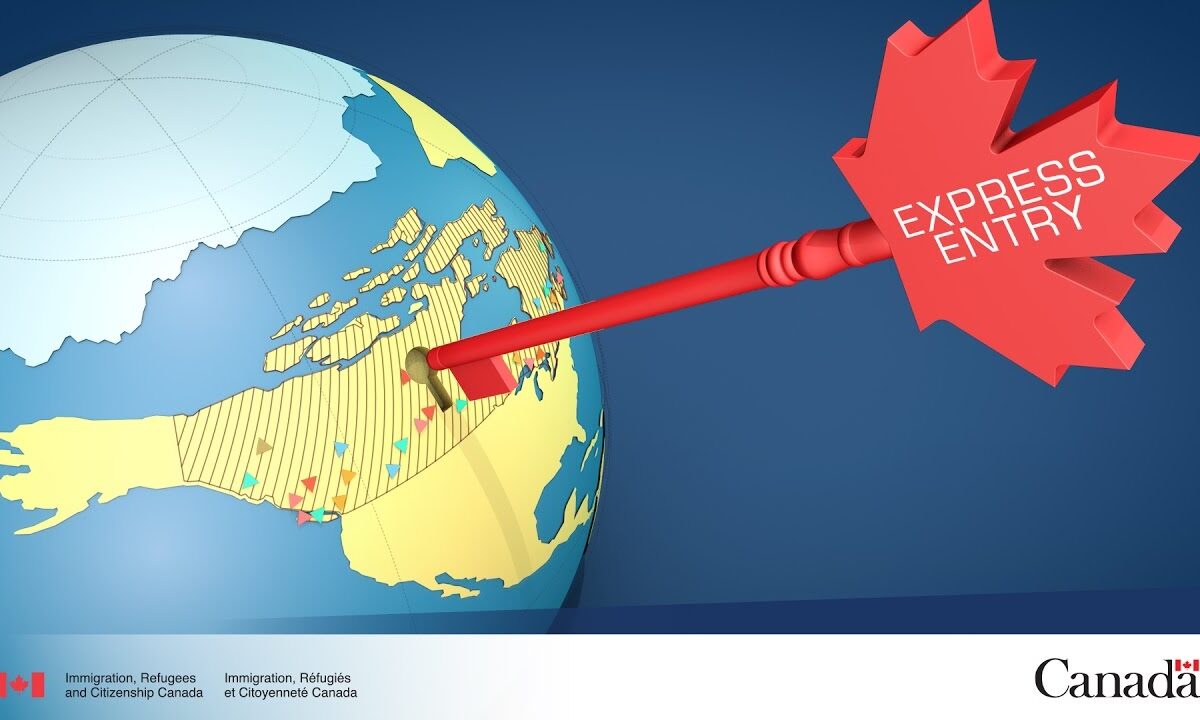The Interim Pathway for Caregivers has reopened for 3 months, started on July 8, 2019. The pathway’s July 8 opening is its second since it was first unveiled by the Government of Canada earlier this year and it will accept applications for the next three months. The temporary program is for candidates who have gained Canadian work experience under Temporary Foreign Worker Program that matches the initial description and list of substantial duties for Canada’s National Occupational Classification (NOC) Group 4411 or 4412.
Requirements of the program
Status in Canada: The applicant must have a valid work permit or have applied to extend the work permit and is waiting on a decision or have applied to restore the status as a worker.
Work Experience: The applicant must have gained minimum 12 months of full-time Canadian work experience since November 30, 2014 under National Occupational Classification (NOC) Group 4411 or 4412.
Education: Applicant must have a Canadian high school diploma or a non-Canadian educational diploma, certificate or credential that’s equal to a Canadian secondary school (high school) diploma.
Language Skills: The applicant must have scored CLB 5/NCLC 5 in English or French.
Candidates aren’t eligible for the interim pathway for Caregivers if:
- Their application to extend work permit is refused
- Their application to restore status as a worker is refused
- Their current work permit is in the Live-in Caregiver Program, or
- They are applying to extend their work permit or restore the status and their most recent work permit was under the Live-in Caregiver Program
Contact us for assessment and more information





